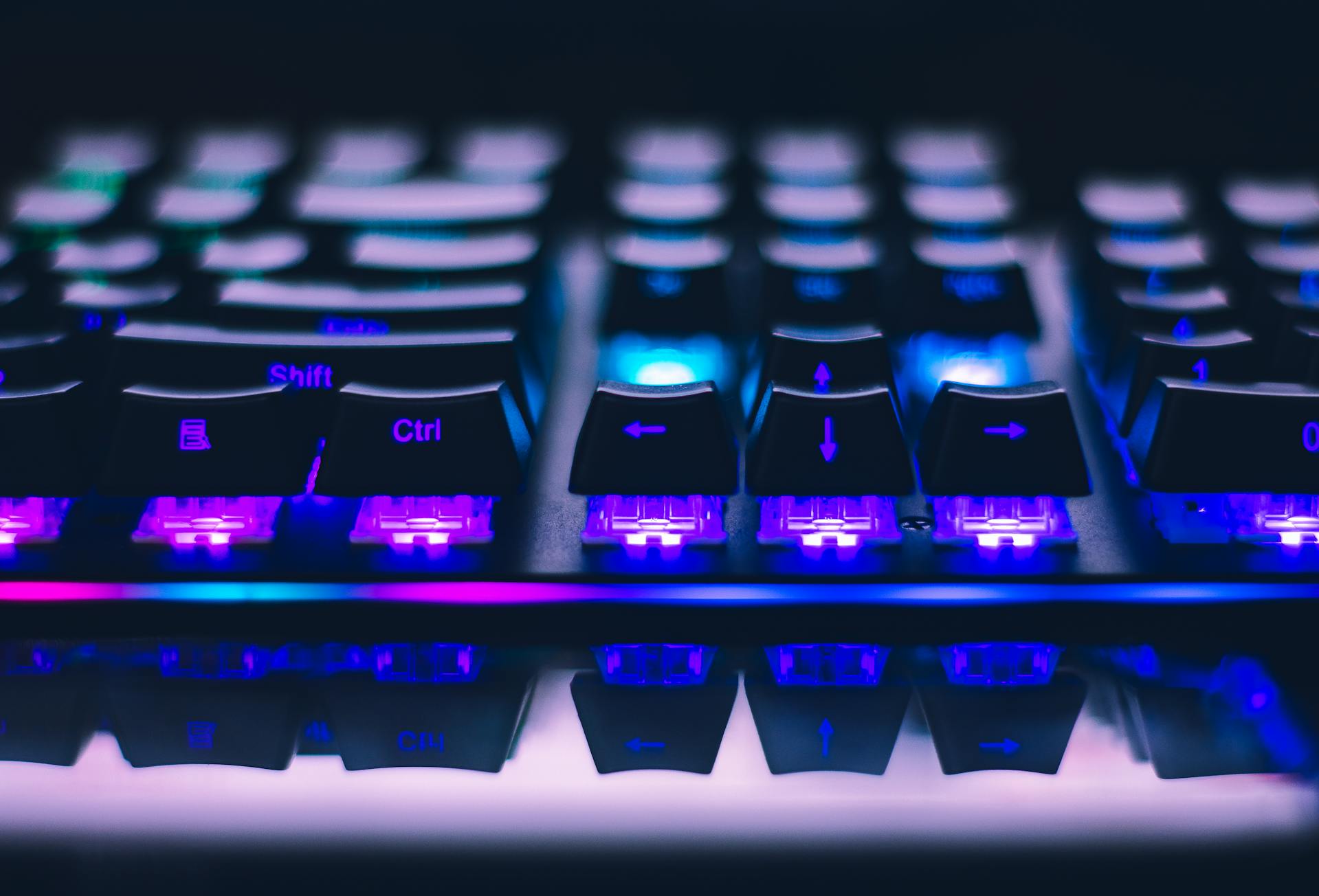PC shipments to the United States stagnated in the second quarter of 2025, falling 1.4 per cent year on year to 18.6 million units, according to the latest research from industry analysts Canalys.
The muted performance, which excludes tablets, came as vendors worked through the high inventory levels created by increased shipments earlier in the year to limit exposure to anticipated tariffs.
Despite this, 2025 and 2026 are expected to be years of modest 3 per cent growth, primarily driven by the continuation of the Windows 11 transition.
The commercial segment in the US saw 4 per cent growth in PC shipments in the second quarter, offsetting the more stagnant demand from consumers.
Microsoft and its OEM partners are ramping up efforts to raise awareness about the Windows 10 end-of-support deadline in October, with a particular focus on encouraging customers to upgrade to AI-capable PCs.
“AI adoption in the commercial sector has had strong success in the US,” said Greg Davis, analyst at Canalys.
“According to the US Census Business Trends and Outlook Survey, business adoption of AI has more than doubled over the last two years and seen a 50 per cent increase in usage this year alone,” he added.
“However, this summer, we have seen that the growth rate has slowed slightly for large businesses as concerns of getting stuck in pilot purgatory grew,” Davis said.
“As businesses begin to encounter problems with integrating AI into workflows, AI-capable PC vendors must demonstrate the value-add their devices could bring,” he added.
“On the other hand, economic changes are likely to impact consumer spending throughout the rest of the year,” Davis said.
“Between persistent inflation and weak job reports in recent months, more consumers are exhibiting cautious spending, and premium electronics are not being prioritised as much as essentials like food and energy expenses,” he added.
“Despite the approaching Windows 10 end-of-support and increasing awareness, consumers in the US are more willing to wait until their PCs need to be replaced due to greatly diminished performance or hardware failures,” Davis said.






Click here to change your cookie preferences